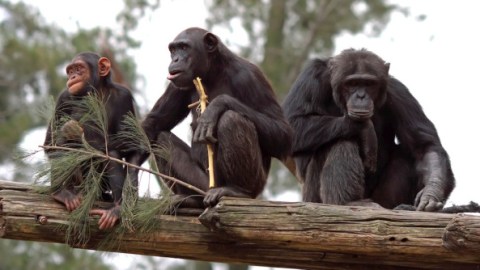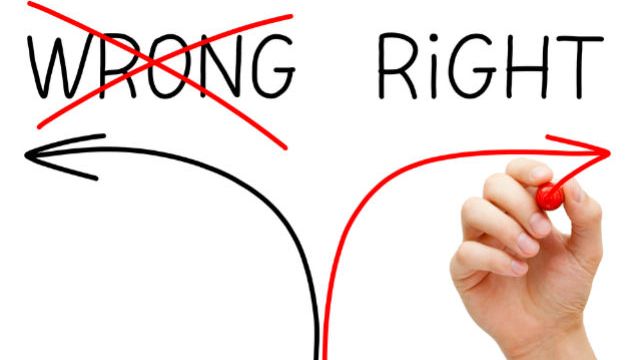The Ultimatum Game: What Primates Can Teach Us About Inequality

I’m interested in our current economic situation of inequity in society. There’s a growing inequity and we actually do experiments on equity in chimpanzees and monkeys. One of our typical experiments which has become very popular is we put two monkeys side by side. If they both work on the same task and they both get cucumber slices, they’re very happy with that situation. If one of them gets grapes and the other one gets cucumber, the one who gets cucumber gets very upset and starts to throw the food out of the cage and doesn’t want to do the task anymore.
And so primates, we now know, get very upset by inequalities like this. And chimpanzees go even further. With chimpanzees, the one who gets the grape may refuse the grape until the other one also gets a grape. So they have a sense of fairness that even goes into the other direction where it benefits. Well, it’s not a benefit for me but I want to have an equal situation between the two of us. We recently played the ultimatum game with chimpanzees which is the ultimate test of the human sense of fairness and the chimpanzees passed the test in that particular game. They chose for the fair options.
And so inequity is problematic. It is part of our economy to create inequalities but I think just like the primates we have strong aversive reactions to it. And so it puts the stress on our social system, I think, to create inequalities. And we study this in the primates. People study it now in children and the sort of general consensus that we have is that we’re not particularly happy with unequal distributions. That doesn’t mean that to some degree inequalities are not needed in the economy. I think some level of inequality is always needed because you want to have incentives for certain people to do certain things. But if it gets too big I think it damages the social relationships.
In Their Own Words is recorded in Big Think’s studio.
Image courtesy of Shutterstock





